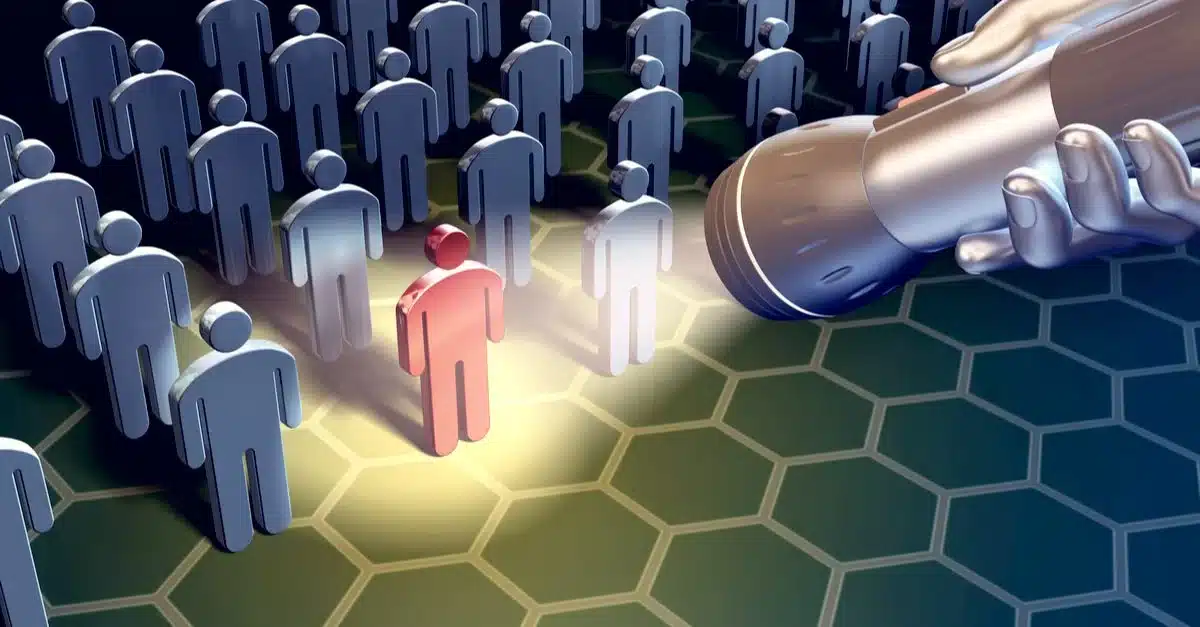OSINT (Open-Source Intelligence)

We all like to post online to show what we’re up to so others can see — for example, vacation pictures. But all this can give strangers a lot of information about us. OSINT (Open-Source Intelligence) is the process of collecting information that is already public. Hackers can use OSINT to: Guess your passwords. Find out where you live or work. Know when you are not home. Send fake messages that look real. Examples of oversharing that can put you at risk: Posting a picture of your car with the license plate visible. Sharing your pet’s name (often used in passwords). Announcing travel plans before you go. Posting photos with work ID badges in the background. How to stay safe: Check and update your privacy settings regularly. Don’t post your location in real time. Keep birthdays, phone numbers, and addresses private. Use strong passwords that don’t include personal details. Remember: Once you post something online, it can stay there fo...



